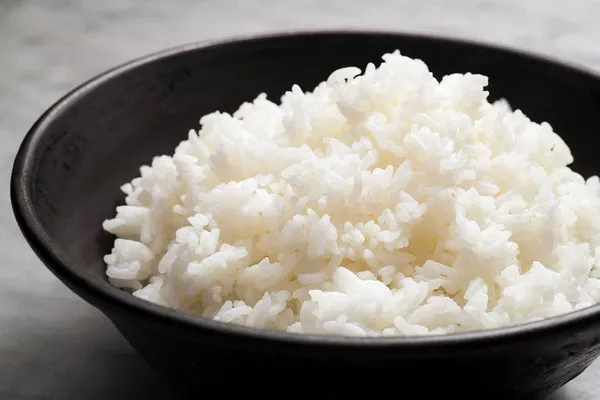Rice is a staple food for millions of people around the world. It is versatile, easy to prepare, and can be used in a wide variety of dishes. However, cooking rice can be time-consuming, especially when you need it for multiple meals throughout the week. This leads many people to wonder if cooked rice can be frozen for later use. In this article, we will explore the topic of freezing cooked rice and provide professional insights into its safety, storage techniques, potential benefits, and best practices.
Is it safe to freeze cooked rice?
Freezing cooked rice is generally considered safe if certain guidelines are followed. The main concern with freezing rice is the potential growth of bacteria called Bacillus cereus, which can cause food poisoning. When rice is cooked, it creates an ideal environment for these bacteria to multiply rapidly if not stored properly. However, by following proper food safety measures, the risk can be minimized effectively.
Storage techniques for freezing cooked rice
To ensure the safety and quality of frozen cooked rice, it is essential to follow the correct storage techniques. Here are some steps to consider:
1. Cool the rice: Allow the cooked rice to cool completely before freezing. Rapid cooling is crucial as it prevents the growth of harmful bacteria. Consider spreading the rice on a baking sheet to speed up the cooling process.
2. Divide into portions: Divide the cooled rice into individual portions that you would typically use for meals. This allows for easier thawing and reduces the need to refreeze unused portions.
3. Proper packaging: Place each portion of rice in an airtight container or freezer bag. Squeeze out any excess air before sealing to prevent freezer burn. Label each container with the date of freezing to keep track of freshness.
4. Freezer temperature: Ensure that your freezer maintains a temperature of 0°F (-18°C) or below. This low temperature prevents bacterial growth and helps maintain the quality of the frozen rice.
Benefits of freezing cooked rice
There are several benefits to freezing cooked rice:
1. Convenience: Freezing cooked rice allows you to have ready-to-eat meals available at any time. It saves cooking time and effort, making it convenient for busy individuals or families.
2. Food waste reduction: By freezing leftover cooked rice, you can avoid food waste. Instead of throwing away excess rice, you can store it for future use, reducing overall food wastage.
3. Cost-effective: Buying rice in bulk and cooking large quantities can be cost-effective. Freezing the cooked rice ensures that none of it goes to waste, maximizing your investment.
Best practices for using frozen cooked rice
To make the most of your frozen cooked rice, follow these best practices:
1. Thawing: Thaw frozen cooked rice in the refrigerator overnight or use the defrost setting on your microwave. Avoid thawing at room temperature to minimize bacterial growth.
2. Reheating: When reheating frozen cooked rice, ensure it reaches a temperature of at least 165°F (74°C) to kill any bacteria present. Use a microwave, stovetop, or oven for reheating, and add a splash of water or broth to prevent dryness.
3. Storage duration: Frozen cooked rice can typically be stored for up to six months. However, for the best quality, it is recommended to consume it within three to four months.
Conclusion:
In conclusion, freezing cooked rice is a safe and convenient option when done correctly. By following proper storage techniques, such as cooling, portioning, and using appropriate containers, you can safely freeze cooked rice for future use. The benefits include convenience, reduced food waste, and cost-effectiveness. Remember to thaw and reheat the rice thoroughly to ensure its safety. As always, prioritize food hygiene and stay mindful of storage durations. With these guidelines in mind, you can confidently freeze cooked rice and enjoy it later as part of a delicious and hassle-free meal.

